
Goodbye Swelling, Weak Muscles, and Joint Pain! 18 Collagen-Rich Foods You MUST Eat for Your Legs and Joints

As we get older, it's common to experience pain, stiffness, swelling, or even reduced mobility in our joints, muscles, and legs. This happens not only because of wear and tear, but also because of something less obvious—collagen loss.
Collagen is the most abundant protein in the human body, providing structural support to skin, bones, joints, tendons, ligaments, and muscles. It keeps everything flexible, strong, and resilient. However, starting around age 30, your body begins to produce less and less collagen each year, which is why joint pain, muscle weakness, and skin sagging often increase with age.
But here’s the good news: you can rebuild and protect your collagen naturally with the right foods. Certain foods either contain collagen directly or provide nutrients that stimulate your body's collagen production. Including them in your daily diet can help reduce inflammation, support joint flexibility, strengthen muscles, and promote long-term mobility and independence.
🥣 1. Bone Broth
Bone broth is one of the richest sources of natural collagen, especially when simmered for 12–48 hours. It’s also packed with other joint-friendly nutrients like glucosamine, calcium, magnesium, and phosphorus. Drinking a warm cup of bone broth daily can be a gentle and effective way to soothe joint pain and promote cartilage regeneration.
🍗 2. Chicken Skin & Cartilage
Chicken is naturally high in collagen—particularly the skin and cartilage near bones. Chicken necks, wings, and drumsticks (with skin) are collagen-rich options. Collagen from chicken is known to support joint elasticity and tendon strength, which are essential for pain-free movement.
🥩 3. Beef
Beef, especially cuts like chuck roast and brisket, contains Type I and Type III collagen, crucial for muscle repair, skin elasticity, and connective tissue health. It also provides protein and amino acids your body uses to produce its own collagen.
🐟 4. Fish Skin (Salmon, Mackerel, etc.)
The skin and bones of fatty fish are excellent collagen sources. Fish collagen peptides are especially bioavailable, meaning they’re easier for your body to absorb and use. They’re also great for improving joint lubrication and reducing inflammation.
🥚 5. Eggs (Especially Egg Whites)
Egg whites are rich in glycine and proline, two amino acids that are essential building blocks of collagen. While they don't contain collagen directly, they help your body produce more of it internally.
🐖 6. Pork Skin
Crispy pork skin is not just a treat—it’s loaded with natural collagen. Whether you enjoy it as cracklings or boiled in broth, pork skin supports healthy cartilage, ligaments, and tendons.
🧀 7. Dairy Products
Cheese, milk, and yogurt provide high-quality protein and essential amino acids that stimulate collagen production. Greek yogurt, in particular, is high in proline and lysine, both vital for skin and joint health.
🍊 8. Citrus Fruits
Vitamin C is one of the most important nutrients for collagen synthesis. Oranges, grapefruits, lemons, and limes not only support joint repair but also help reduce inflammation and oxidative stress around your joints.
🍓 9. Berries
Blueberries, strawberries, blackberries, and raspberries are full of antioxidants that protect existing collagen from breaking down due to oxidative damage. Their vitamin C content also promotes collagen growth.
🥬 10. Leafy Greens
Spinach, kale, collard greens, and Swiss chard are high in chlorophyll, which may increase the body’s collagen precursor activity. These greens also supply magnesium, which supports muscle and nerve function.
🍅 11. Tomatoes
Tomatoes are rich in lycopene, an antioxidant that helps preserve collagen in the skin and connective tissues. They're also a great source of vitamin C, making them a double win for your joints.
🧄 12. Garlic
Garlic contains sulfur compounds, which are necessary for collagen formation and help prevent cartilage breakdown. It also has powerful anti-inflammatory properties that can relieve joint pain naturally.
🥑 13. Avocados
Avocados are loaded with healthy monounsaturated fats, vitamin E, and antioxidants. These nutrients protect collagen from damage and keep joints lubricated and flexible.
🌰 14. Nuts & Seeds
Almonds, walnuts, chia seeds, flaxseeds, and sunflower seeds contain omega-3 fatty acids and amino acids that support collagen formation and joint health. They’re also a great source of zinc, another important collagen-building mineral.
🫘 15. Beans
Kidney beans, black beans, lentils, and chickpeas are high in lysine, a key amino acid for collagen cross-linking, which gives it strength and stability. Beans also provide plant-based protein and fiber for muscle and digestive health.
🌱 16. Soy Products
Soy-based foods like tofu, edamame, soy milk, and tempeh contain isoflavones, plant compounds that help preserve collagen in both joints and skin. Soy is also rich in protein, necessary for building muscle and connective tissue.
🍵 17. Green Tea
Green tea contains catechins, a type of antioxidant that helps protect collagen and reduce inflammation. It’s also known to help slow the aging process and keep joints feeling younger.
🍫 18. Dark Chocolate
Dark chocolate (70% cacao or higher) contains flavonoids that protect against collagen breakdown and oxidative stress. Plus, it’s a delicious, guilt-free way to boost joint health in moderation.
🧓 Extra Tips for Seniors: Protect Your Collagen Naturally
As you age, it's important to support your body in more ways than just diet. Here are some simple lifestyle tips that help protect your collagen:
✅ Stay Hydrated
Water keeps collagen fibers moist and elastic, and joints well-lubricated. Aim for 6–8 glasses a day.
❌ Limit Sugar & Processed Foods
Excess sugar can cause glycation, a process that damages collagen and makes it more rigid.
🏊♂️ Move Your Body
Low-impact exercises like walking, stretching, swimming, or cycling help keep joints strong and encourage natural collagen regeneration.
💊 Consider Collagen Supplements
If you're not getting enough from your diet, hydrolyzed collagen peptides in powder or capsule form may help restore collagen in joints and improve flexibility. Look for types I, II, and III.
🦵 Final Thoughts: Keep Your Legs and Joints Strong for Life
Aging doesn’t have to mean losing strength or mobility. With the right nutrition—especially collagen-rich and collagen-boosting foods—you can rebuild your body's natural support system from the inside out.
These 18 foods can help reduce joint pain, strengthen muscles, improve flexibility, and even support healthy skin, hair, and nails. Start incorporating them into your daily routine and experience the difference—whether you're in your 40s, 60s, or beyond.
Your body might slow down with age, but with the right fuel, your legs and joints can stay strong, pain-free, and mobile for years to come.
News in the same category


What really happens to your kidneys when you drink coconut water

12 everyday habits that quietly raise your stroke ri:sk

7 Powerful Fruits That May Help Prevent and Fight Cancer
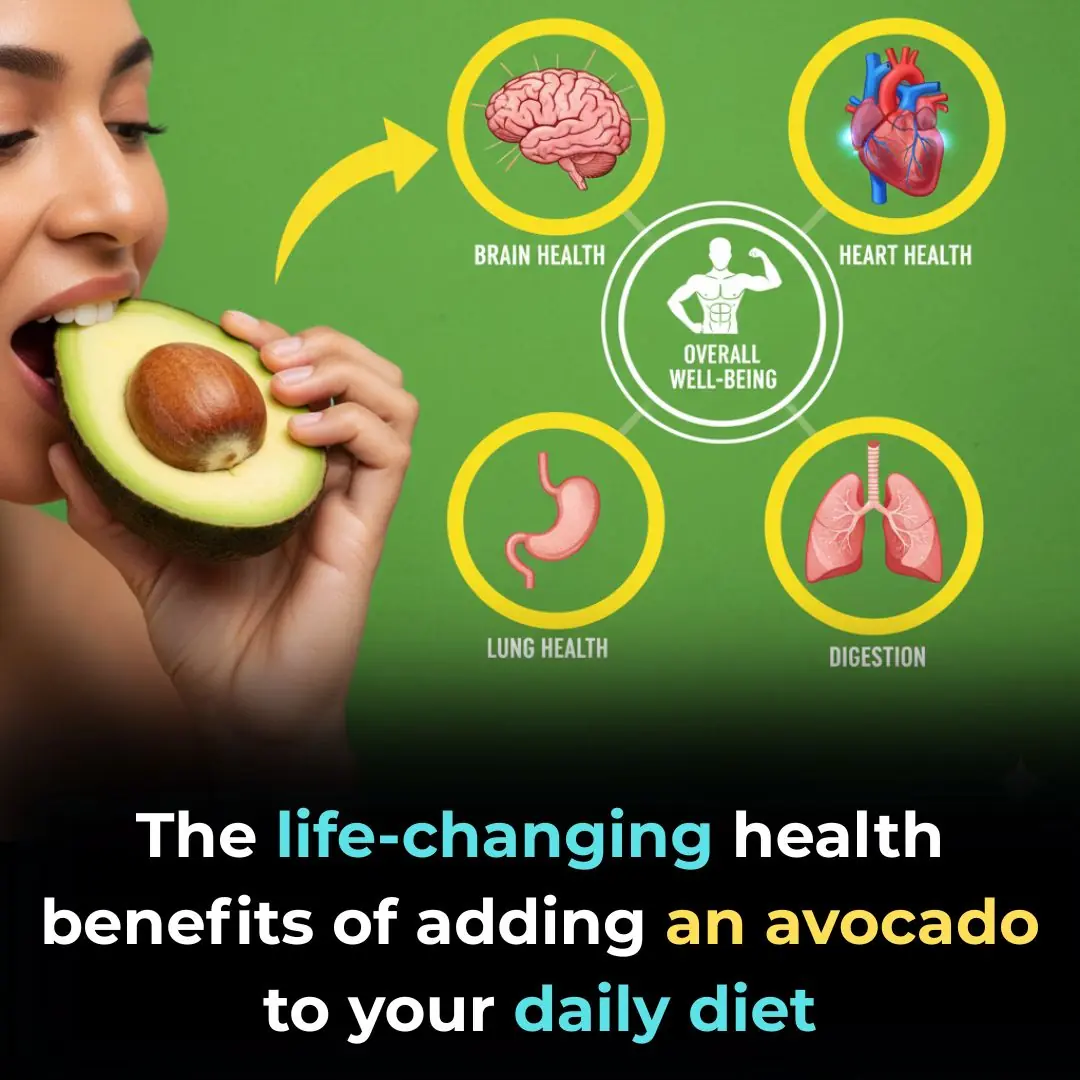
Scientifically Proven Health Benefits of Avocado and Avocado Seeds

The Unexpected Connection Between Dreams and Dementia or Parkinson’s Disease

Heatwave of 41°C Causes Sudden Strokes in Healthy People: Doctors Warn of 7 Early Signs to Watch For
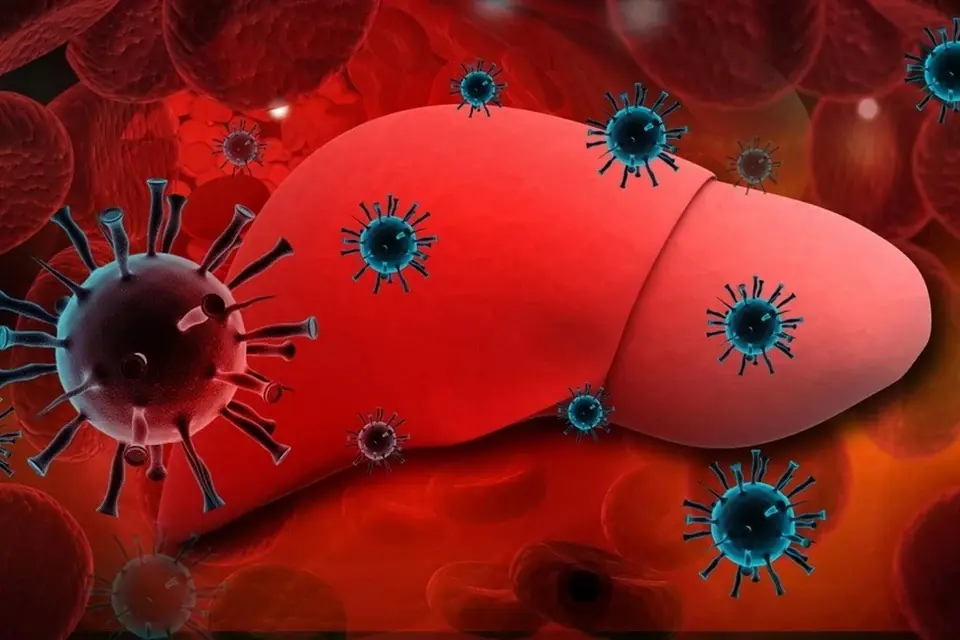
The Silent Disease That Easily Leads to Liver Cancer: Many People Have It but Remain Unaware

Is It Safe to Take a Cold Shower After Exercising in the Summer? What Doctors Say About Who Should Avoid It to Prevent Stroke

7 Things Not to Do Before Taking a Shower to Avoid Stroke – 2 Common Mistakes People Often Make

Bitter Taste In Your Mouth Discover Most Common Cause

Silent Symptoms of Anemia You Should Never Ignore
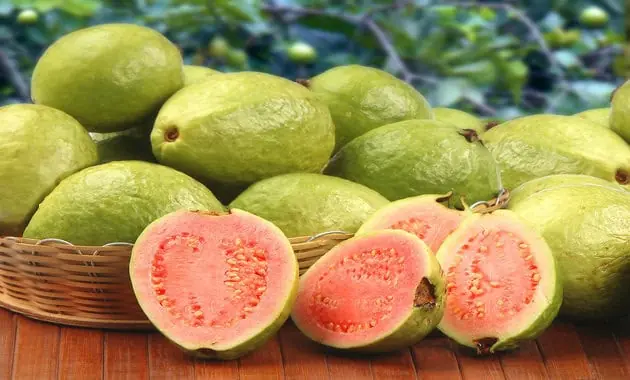
The Impressive Health Benefits of Guava Fruit and Leaves
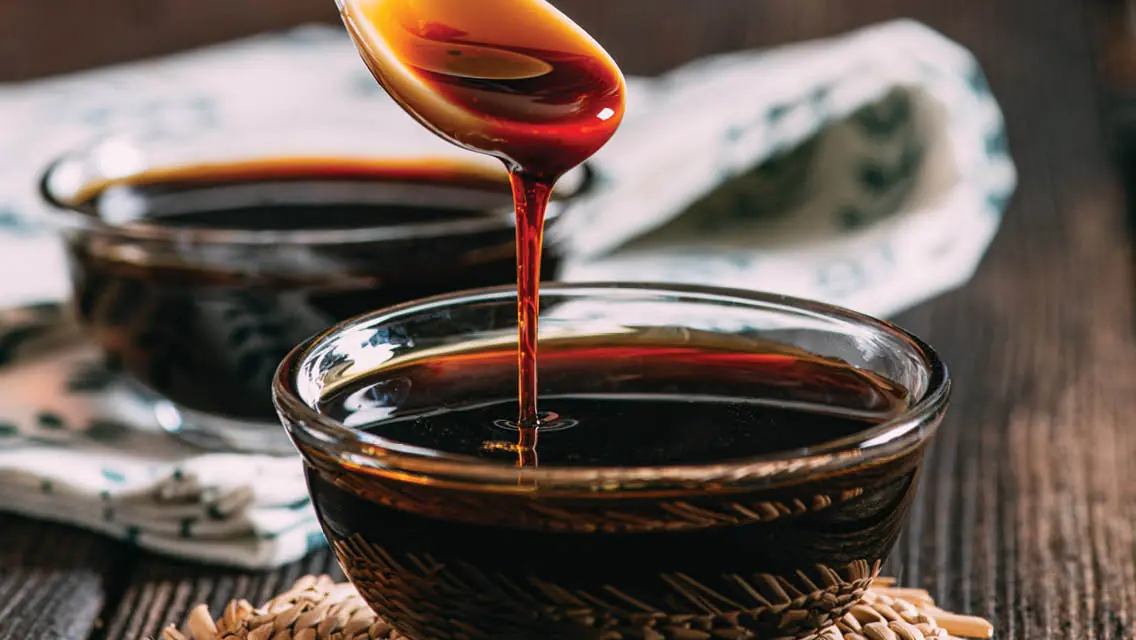
Molasses 101: Types, Proven Benefits, Uses, and More

The Psychological Meaning of Leaving Dirty Dishes

Most Widely Used High Blood Pressure Drug May Harm Heart Health, Study Shows

7 warning signs of kidney failure in your feet – #5 is easy to miss!

Shoulder Pain from Sleeping: Causes, Solutions and More
News Post

Every washing machine has this small part; open it once a month, and your clothes will smell fresh while your machine stays clean and lasts longer.

Don't throw away orange peels; use this method for multiple useful purposes that every household needs. Don't waste them!

Here are 3 simple methods to make sure there are no mice in your house.

Eat cloves every day, but avoid this common mistake!

What really happens to your kidneys when you drink coconut water

12 everyday habits that quietly raise your stroke ri:sk

Fern Leaves Benefits and Uses: A Hidden Natural Remedy for Health and Home

The Best Tea for Mornings and After Dinner: A Powerful Blend for Health

Soak Garlic in Vinegar This Way to Keep It White, Crunchy, and Delicious
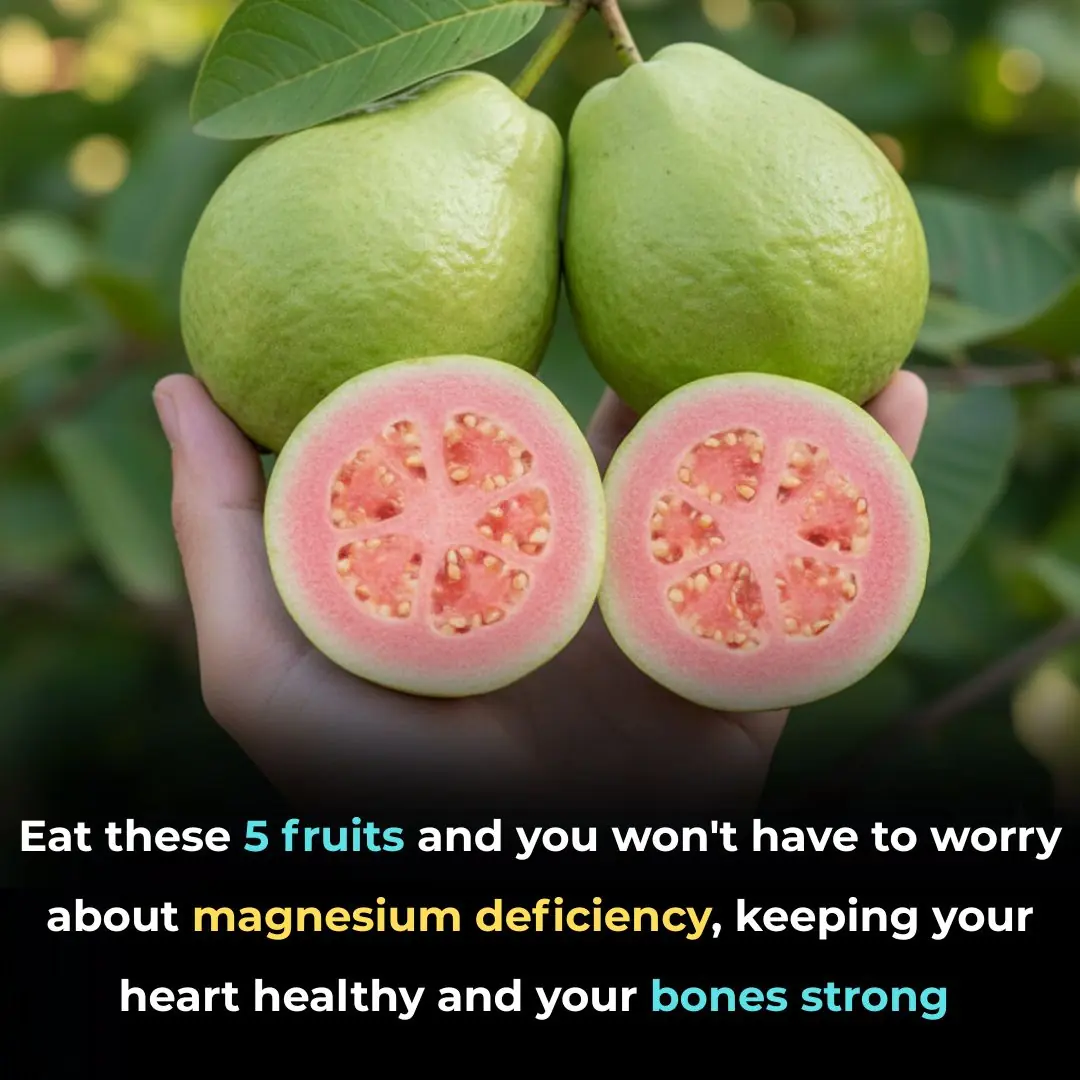
Eat These 5 Fruits to Avoid Magnesium Deficiency, Keep Your Heart Healthy and Your Bones Strong 👇👇👇

Save Millions in Electricity Bills Every Year Just by Cleaning This Hidden Spot in Your Rice Cooker

7 Powerful Fruits That May Help Prevent and Fight Cancer

Scientifically Proven Health Benefits of Avocado and Avocado Seeds

Claim: a juice regimen reportedly cleared can:cer cells in 42 days

Why a Man Turns His Back On You When He Sleeps

Why Public Bathroom Doors Don’t Reach the Floor?

The Unexpected Connection Between Dreams and Dementia or Parkinson’s Disease

Apple fans divided as key component is axed from new AirPods Pro 3
